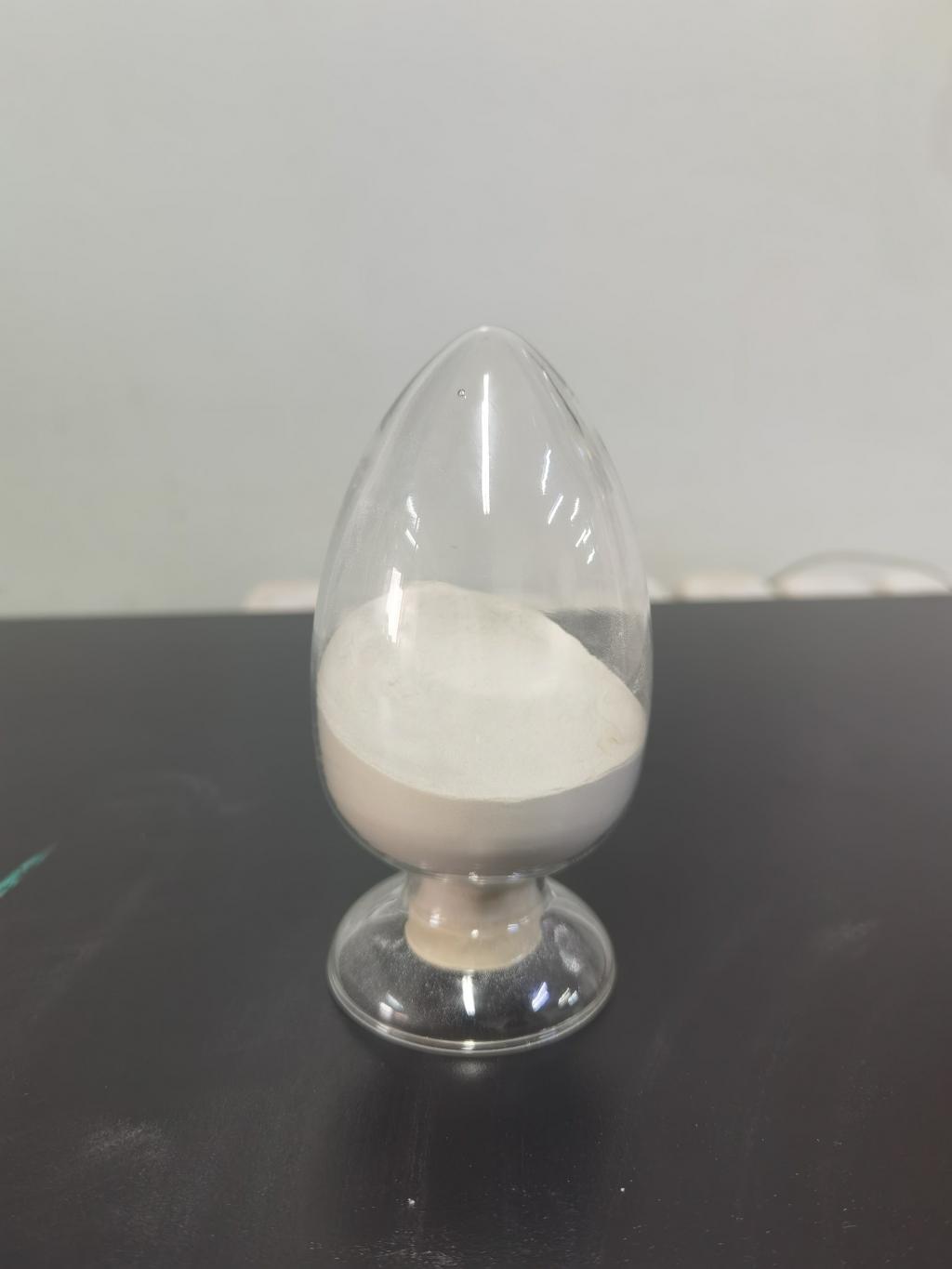Tel:+8618231198596

News
 CONTACT
CONTACT
 CONTACT
CONTACT
- Linkman:Linda Yao
- Tel: +8618231198596
- Email:linda.yao@dcpharma.cn
- Linkman:CHARLES.WANG
- Department:Overseas
- Tel: 0086 0311-85537378 0086 0311-85539701
News
Can Nisin be used as a bio-preservative in cosmetic products?
TIME:2023-05-29
Understanding Nisin:
Nisin is a bacteriocin, a type of antimicrobial peptide produced by certain strains of the bacteria Lactococcus lactis. It has been widely studied and approved for use as a food preservative due to its antimicrobial properties. Nisin has gained attention for its ability to inhibit the growth of various Gram-positive bacteria, including some common cosmetic product contaminants such as Staphylococcus and Streptococcus species.
The Need for Natural Preservatives in Cosmetics:
Traditional preservatives like parabens and formaldehyde-releasing agents have faced criticism due to potential health risks and consumer preferences for more natural and eco-friendly products. This has prompted cosmetic manufacturers to explore alternative preservatives that can maintain product integrity without compromising safety.
Advantages of Nisin as a Bio-Preservative:
Broad-Spectrum Antimicrobial Activity: Nisin exhibits potent antimicrobial activity against a wide range of Gram-positive bacteria. This property makes it an effective preservative, preventing microbial contamination and extending the shelf life of cosmetic products.
Natural and Safe: Nisin is derived from a natural source (Lactococcus lactis) and is generally recognized as safe (GRAS) by regulatory authorities. It is an appealing option for consumers seeking natural and sustainable cosmetic products.
Minimal Impact on Product Characteristics: Nisin has been shown to have minimal impact on the sensory and functional attributes of cosmetic formulations. It does not affect color, texture, or fragrance, making it an excellent candidate for various product types.
Synergistic Effects: Nisin has demonstrated synergistic effects when combined with other natural preservatives, enhancing their antimicrobial activity and reducing the required concentration of each preservative. This allows for a lower overall preservative load in cosmetic formulations.
Challenges and Considerations:
Compatibility: Compatibility studies should be conducted to ensure that nisin remains effective and stable within different cosmetic formulations, including creams, lotions, and serums.
Formulation pH: Nisin's antimicrobial activity is influenced by pH, with optimal activity observed in the acidic range. Formulations with higher pH levels may require pH adjustment or the addition of other pH-stabilizing agents.
Regulatory Approval: While nisin is approved for use in food preservation, its use in cosmetic products may require additional regulatory approvals in different regions. Cosmetic manufacturers must ensure compliance with local regulations before incorporating nisin into their formulations.
Current Research and Development:
Research efforts are underway to explore the potential of nisin as a bio-preservative in cosmetics. Scientists are investigating methods to optimize its formulation, stability, and efficacy in various product types. Additionally, studies are being conducted to assess its long-term safety and compatibility with different cosmetic ingredients.
Conclusion:
The demand for natural and safe preservatives in cosmetic products has driven the exploration of alternative options. Nisin, with its broad-spectrum antimicrobial activity, natural origin, and minimal impact on product characteristics, shows promise as a bio-preservative in cosmetics. However, further research and regulatory approvals are necessary to fully unlock its potential. The use of nisin as a bio-preservative represents an emerging trend in the cosmetic industry, catering to the growing consumer demand for sustainable and safer personal care products.
- Tel:+8618231198596
- Whatsapp:18231198596
- Chat With Skype







